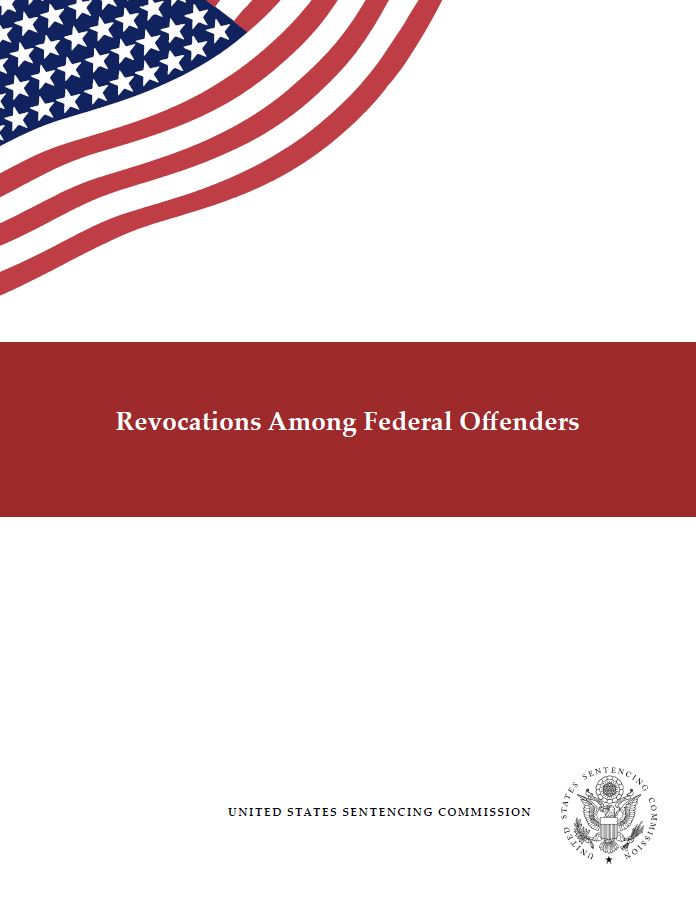Summary

Key Findings
The key findings of the Commission’s study of revocations are that:
- Only a minority of offenders (35.0%) with criminal history points under the federal sentencing guidelines had at least one scored conviction with a revocation. Most often such offenders had only one such conviction.
- For the minority of offenders who did have at least one scored conviction with a revocation, it often increased their criminal history score and resulting Criminal History Category. Among offenders with at least one scored conviction in their criminal history, three-fifths (60.2%) received additional criminal history points, and just under a third (30.9%) received an increase in Criminal History Category. For those offenders who received an increase into a higher Criminal History Category, the impact was generally limited to one Criminal History Category.
- The rate at which offenders had at least one scored conviction with a revocation varied significantly depending on the type of federal offender. Firearms offenders were the most likely (54.3%) and immigration offenders the least likely (20.9%) to have at least one scored conviction with a revocation. However, the impact of such convictions on their criminal history scores and Criminal History Categories varied much less. Among offenders with at least one such conviction, firearms offenders were the most often (66.2%) and immigration offenders least often (55.9%) to receive additional criminal history points. Furthermore, among offenders who received additional criminal history points, those points resulted in a higher Criminal History Category most often for drug trafficking offenders (53.1%) and least often for firearms offenders (42.9%).
- The Commission cannot state with certainty how often revocations are based on new crimes versus technical violations because the underlying basis for the revocation could not be determined in 38.7 percent of the cases studied. However, between 38.9 percent and 77.5 percent of the revocations studied were for new crimes, and between 22.5 and 61.1 percent were for technical violations.
- Prior revocations did not significantly limit offender eligibility for the statutory safety valve, which relieves certain drug trafficking offenders from otherwise applicable statutory mandatory minimum penalties. Of the drug trafficking offenders studied, only 2.3 percent appear to be ineligible for the safety valve based solely on scored convictions with revocations.
- Prior revocations had a more significant impact on offenders who received the career offender enhancement at §4B1.1. Of the career offenders studied, 10.7 percent qualified for the career offender enhancement in part because of scored convictions with revocations.
